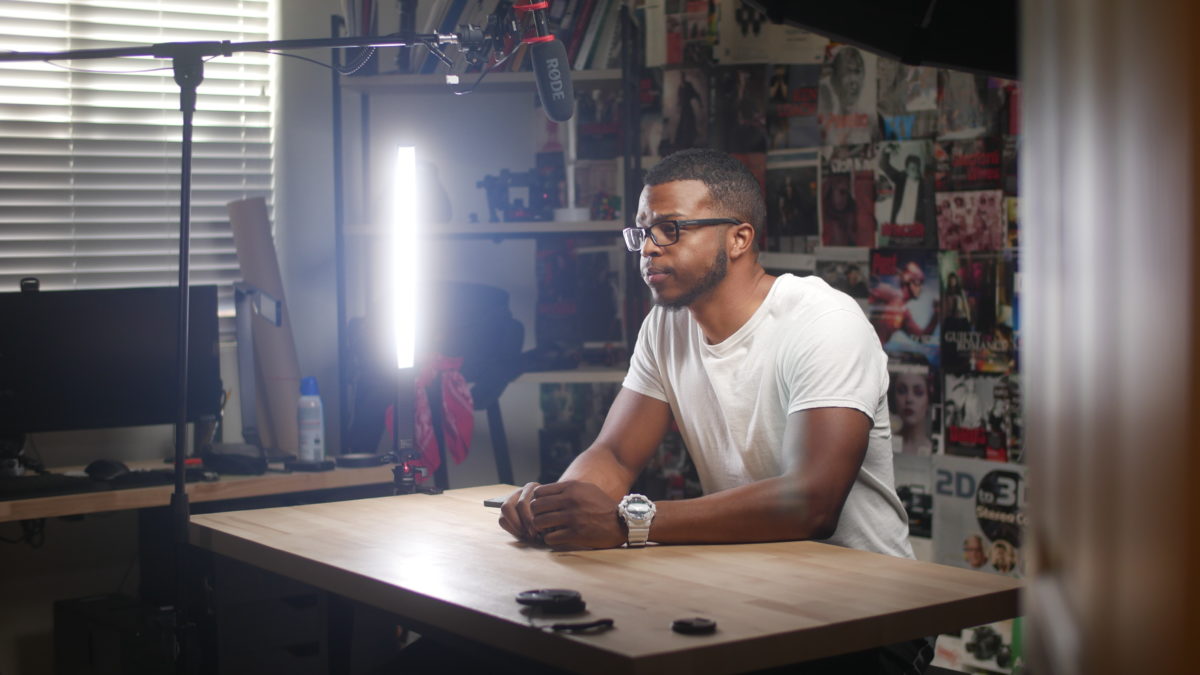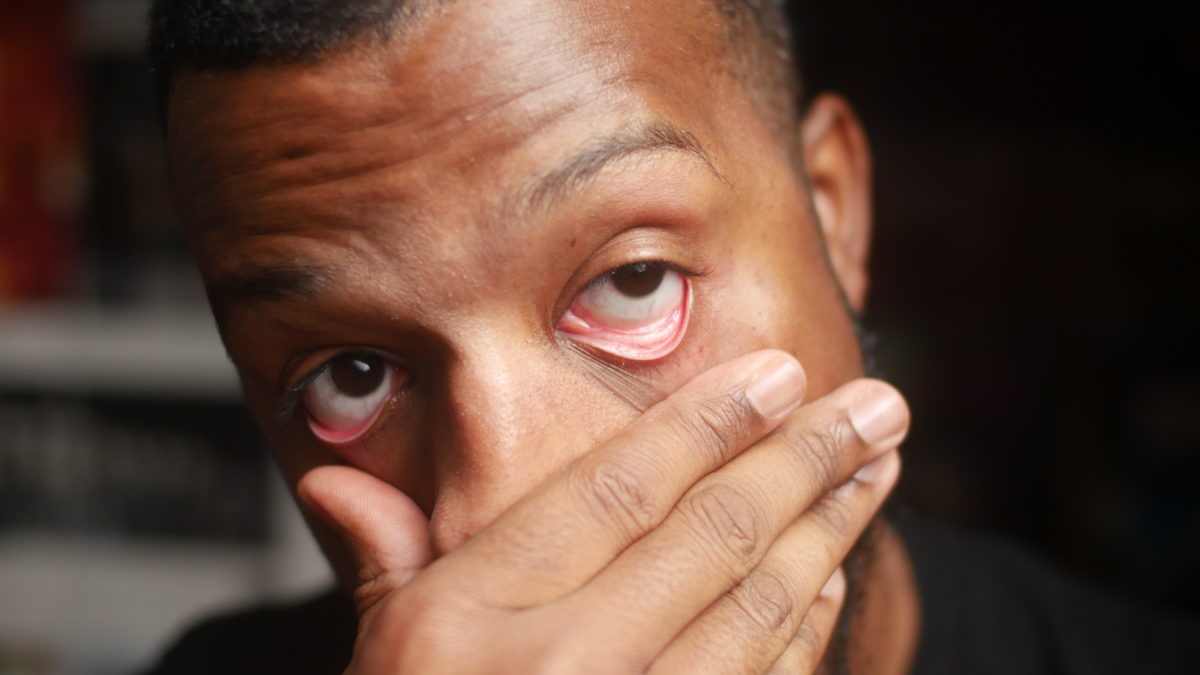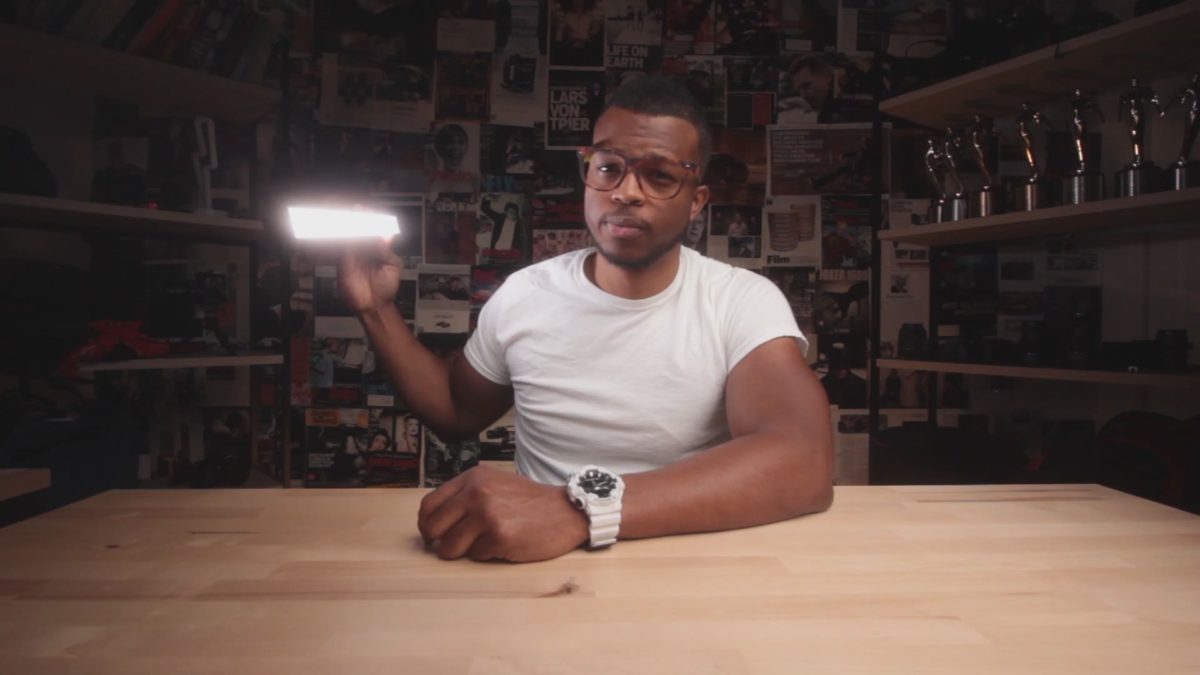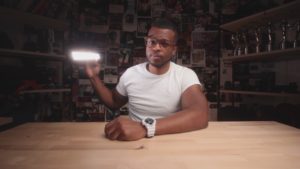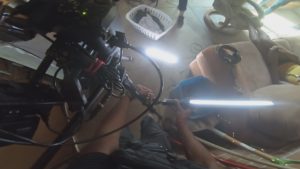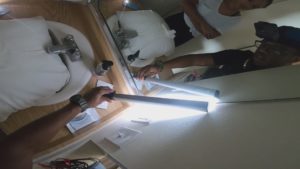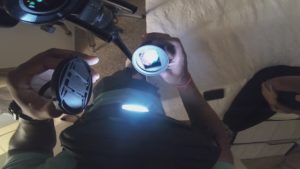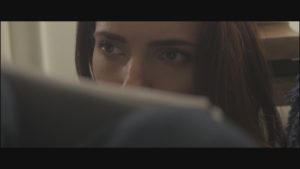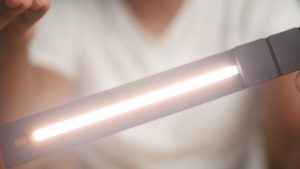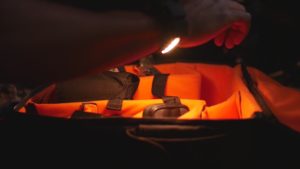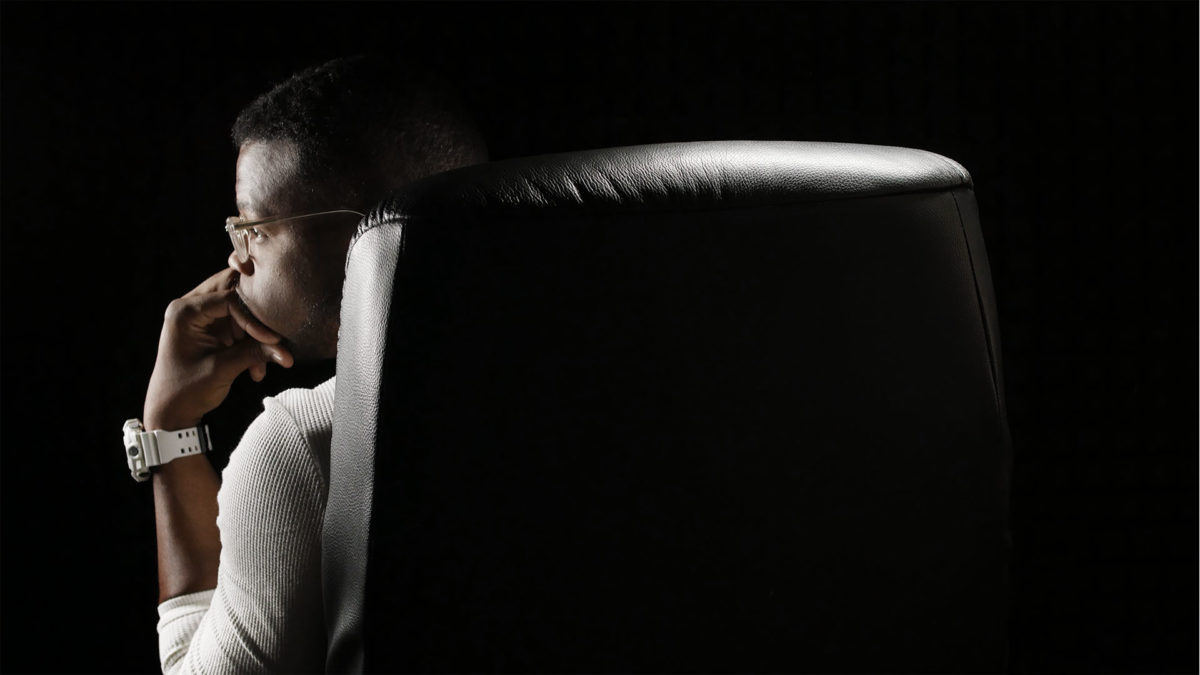YO Darious Britt here.
You guys know me by now. I’m all about getting you to go out and make films: no matter the circumstance.
I’ve had a few discussions recently with some peeps. and this topic cropped up:
How to know if you’re a “real” filmmaker.
My initial thought was that old adage you hear in film school right: “If you wanna be a filmmaker, go out and pick up a camera, record something. congratulations you’re a filmmaker”
I agree with this. All the way.
The second you decide to do the thing, you can call yourself the thing. It’s very inspiring. But there’s more to it than that. You have to keep doing the thing.
If you made a short film 10 years ago, quite filmmaking all together and you’ve been pulling teeth for the last 7 year. You’re not a filmmaker anymore, you’re a dentist right?
Let’s kick it off with a quote:
“You are what you do everyday” – Jon Chu
I think this definition of an occupation is more accurate. You are what you do everyday. Or most days anyways.
So you are a filmmaker if you make films most days of the year.
Notice I didn’t say anything about money.
If you aren’t paid to make films, you’re still a filmmaker. You’re just not at the professional level yet. You still with me?
So here’s the good news. If you wanna be a filmmaker, you just have to do the thing. It doesn’t matter if you’re budget is 25 cents. Doesn’t matter if you arent getting paid for it. If you spend your time making films most days, or working on making them in some capacity. You’re a filmmaker. Period.
Now let’s talk about the things that stop you from being a filmmaker.
WAITING FOR MONEY
Waiting for money is not an excuse to not make films. Let me explain.
I have a friend. Went to film school together. He had this passion project. a feature film. said he couldn’t do it for less than $500,000 wanted to do it the “right way”- none of this low budget stuff cuz that’s not how real films are made.
He had to have the casting director, 1-ton grip truck, big crew, the whole bit yada yada yada yada. This thing was supposed to break him into the industry.
He tried raising money for this film for FOUR years. He almost got financing twice. Both times it fell through.
It’s been seven years now. Last I checked, He’s not even into filmmaking anymore. He gave up moved onto something else.
That really sucks for him. I don’t wish that on anyone but there’s a teachable moment here:
- While he was trying to raise money, he wasn’t making any new films. No shorts. No microfilms. No nothing.
- Because he refused to do lower budget films, he wasn’t getting any better. how else are you supposed to practice your craft?
- Chasing money, stopped him from being a filmmaker. If all you do is spend your time chasing money every day or most days, then are you a filmmaker or a fundraiser???
Money is just 1 of many tools used to make a film, it’s a powerful tool but at the end of the day, it’s just a tool, just like a camera, or a shotgun mic, or a call sheet, or a shot list.
You don’t have to have money to make films.
The goal shouldn’t be to find money, to make a good film, the goal should be to develop your skills and your craft so well that you don’t need a lot of money to make a good film.
If you can do that, you will attract money, you won’t have to chase it so hard. There are some dope films that have been made for practically pennies on the dollar.
Just to name a few.
All those peeps made their first films for next to nothing. Relatively speaking. That’s how they started their careers. They didn’t allow lack of money to stop them.
I’m not saying you can’t have a $500,000 passion project, but you gotta temper your passion with practicality.
If you can’t make a captivating short film or a feature on a budget, having 500,000 dollars or 20 million dollars isn’t going to fix the problem.
Money isn’t pixie dust. You can’t just sprinkle money on a project to make it compelling.
If you can’t raise the money for your 500k passion project, tuck that sucker away in your back pocket for now and make another project that you can do for $500 or $1,000 dollars, whatever you can afford, and knock it out of the park.
Don’t let fundraising stop you from being a filmmaker.
WAITING FOR THE RIGHT GEAR
If you’ve got a closet full of gear and you haven’t made a film in the last two years, because you’re waiting on more gear, you’re allowing gear to stop you from being a filmmaker.
Bruh-bruh gear acquisition syndrome is a legit thing. I’m not even joking.
I’ve consulted with people that have 10x more gear than me, and they haven’t done anything with it. It’s just collecting dust. They don’t know how to use half of it.
It’s taken me years to get the gear that I have. But I’ve made films along the way.
I’ve made shorts films in the past with just a camera, a tripod, and a hot shoe mic. Didn’t even use lights.
For all, you peeps affected by gear acquisition syndrome my heart goes out to you, but here’s the deal bruh-bruh you’re not allowed to buy another piece of gear until you go out and make something.
If I find out you bought yourself another gimbal for Valentine’s Day and you still haven’t shot anything. I’m gonna have to reach through the screen and slap you, and I mean that in the most loving way humanly possible.
Don’t let gear acquisition syndrome stop you from being a filmmaker.
WAITING FOR A CREW
Having a crew is nice. There are some projects that you absolutely must have crew for. But you can still make films without a crew.
- If you’re just starting out. There are plenty of workarounds. but you have to simplify your projects. minimal locations, minimal actors, no scenes requiring extras, shoot outdoors at magic hour, easy lighting.
- If you have an idea that you absolutely must have crew for, put it in your back pocket for now, and write another project. Something smaller in scope that you can knock out solo. Keep it simple.
Write a story with no dialogue if you have to. just use a ton of voice over. pull a Terrence Malick - I’ve made films with a crew of 12, I’ve made films completely solo. Plenty of videos on this channel, showing you how to do both.
I also did a video on how to find a crew. Don’t let lack of crew stop you from being a filmmaker. Next excuse:
NO ACTORS
I did a whole video on what to do if you can’t find actors. Check that video out here.
If you don’t have access to professionals, then use hobbyists or people who are interested in acting but maybe haven’t had the chance to flex that muscle. If you don’t have any of those, use friends, if you don’t have friends use family.
If you can’t use friends and family then do a Letters to July type thing where you film yourself and things around you, build a story out of that. or a video diary.
Film yourself self. We’ve done that on this channel.
Actors are great, but if you don’t have them, don’t let this stop you from being a filmmaker.
THE BIGGER PICTURE
Here’s the deal, Bruh-bruh:
If you wanna make amazing work, you have to develop your craft. There is so much to learn it’ll make your head spin.
I’ve been doing this for years and I still learn new things every day.
There is no such thing as standing still. You’re either moving forward or you’re moving backwards. If you’re always creating, you’re always learning and improving, you move forward. If you’re not making films, you get rusty, you forget things, you move backwards.
We can’t afford to waste time waiting around for money, or actors, or crew. Those things will come if you keep working at it, but you don’t need those things to develop your craftsmanship. Don’t let those things stop you from being a filmmaker.
Until next time –DBritt out!
